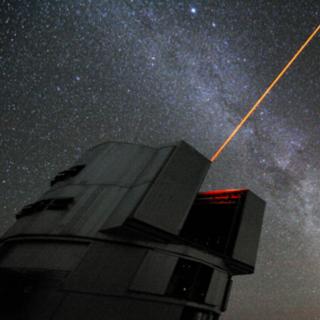Bibcode
Stahl, Clément; Famaey, Benoit; Thomas, Guillaume; Dubois, Yohan; Ibata, Rodrigo
Referencia bibliográfica
Monthly Notices of the Royal Astronomical Society
Fecha de publicación:
11
2022
Número de citas
6
Número de citas referidas
4
Descripción
We numerically explore on galaxy scales the dipolar dark matter (DM) model based on the concept of gravitational polarization. This DM model has been proposed as a natural way to reproduce observed tight galactic scaling relations such as the baryonic Tully-Fisher relation and the Radial Acceleration Relation. We present a customized version of the RAMSES code including for the first time the dynamics of this Dipolar DM in N-body simulations. As a first application of this code, we check that we recover an equilibrium configuration that had been found analytically, where a low density Dipolar DM halo is at rest with respect to its central galaxy, recovering the aforementioned scaling relations. A characteristic signature of this equilibrium model is that it harbours a dynamical instability with a characteristic time depending on the Dipolar DM halo density, which we recover numerically. This represents a first step towards more involved simulations needed to test this framework, ranging from galaxy interactions to structure formation.
Proyectos relacionados

Evolución Galáctica en el Grupo Local
La formación y evolución de galaxias es un problema fundamental en Astrofísica. Su estudio requiere “viajar atrás en el tiempo”, para lo cual hay dos enfoques complementarios. El mas extendido consiste en analizar las propiedades de las galaxias a diferentes distancias cosmológicas. Nuestro equipo se concentra en el otro enfoque, denominado
Emma
Fernández Alvar